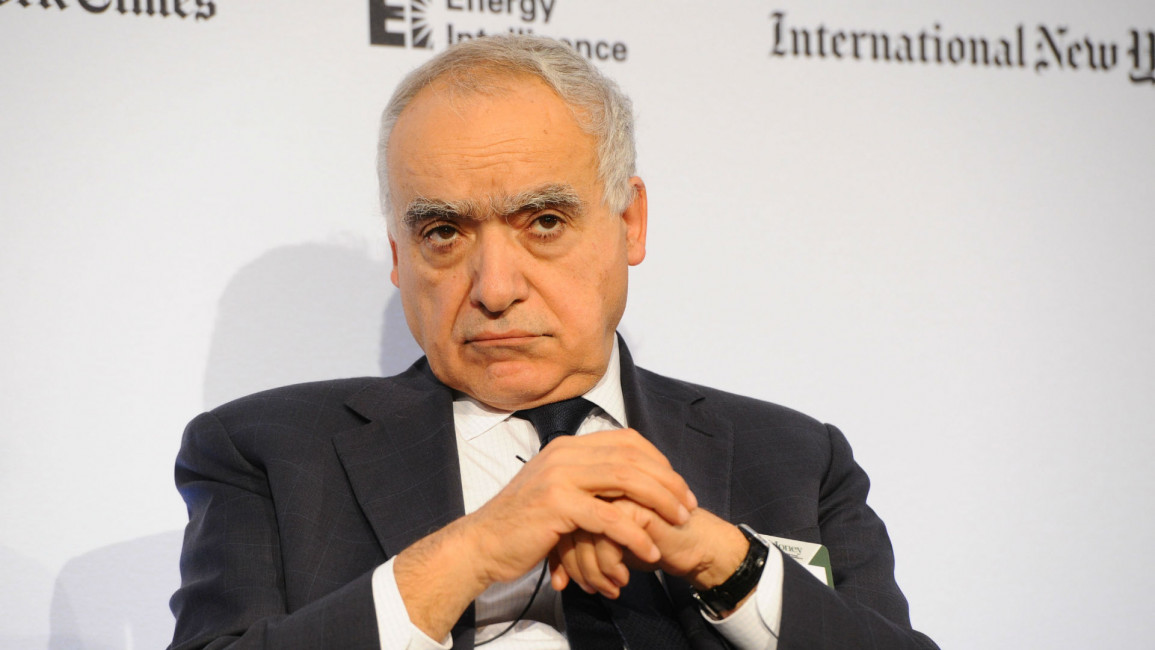UN approves Lebanese former minister Ghassan Salame as Libya envoy
The United Nations Security Council on Tuesday approved the appointment of former Lebanese culture minister Ghassan Salame as the new UN envoy to Libya, ending a contentious four-month search.
Salame, a professor of International Relations and Conflict Resolution at Sciences-Po in Paris, was officially put forward on Friday by UN Secretary-General Antonio Guterres.
The Security Council must agree by consensus on the appointment of new envoys, and members had until Tuesday to voice any objections, of which there were none.
The search for a successor to German diplomat Martin Kobler began in February when UN Secretary-General Antonio Guterres proposed former Palestinian Prime Minister Salam Fayyad for the role.
But the US issued a last-minute rejection of the appointment due to his nationality, saying the UN had been "unfairly biased in favour of the Palestinian Authority to the detriment of our allies in Israel."
At the time, Guterres described the US rejection as "a loss for the Libyan peace process and for the Libyan people."
"I deeply regret this opposition and I do not see any reason for it," he said.
After Fayyad's rejection by the US, Russia and other members of the 15-seat council rejected a British and American candidate put forward for the role. As a result, Kobler’s posting was extended until the end of June.
A senior council diplomat told Reuters that over 20 people were approached and either "ruled themselves out" or were ruled out by Security Council members.
Libya has been wracked by chaos since the 2011 uprising that toppled and killed long-time dictator Muammar Gaddafi, with rival authorities and militias battling for control of the oil-rich country.
Libya has become a key departure point for migrants trying to reach Europe by sea.
More than 50,000 migrants have reached the Italian coast since the start of the year, not counting those rescued in recent days, while more than 1,400 have drowned or are missing, according to UN figures.



